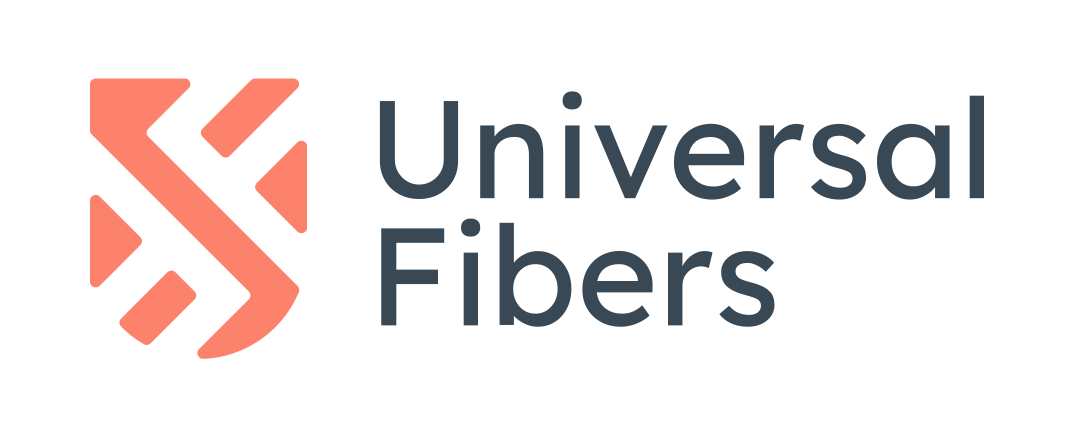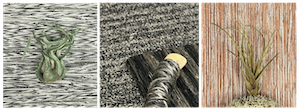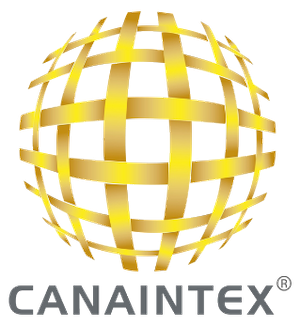 CHARLOTTE, N.C. — February 28, 2025 — Stein Fibers is proud to announce its rebranding and name change to Everra, effective immediately. This new name represents a bold evolution for the company and reflects its ongoing commitment to sustainability, innovation, and leadership in the global PET market.
CHARLOTTE, N.C. — February 28, 2025 — Stein Fibers is proud to announce its rebranding and name change to Everra, effective immediately. This new name represents a bold evolution for the company and reflects its ongoing commitment to sustainability, innovation, and leadership in the global PET market.
As Everra, the company will continue to serve as a sustainability-focused, market-leading distribution partner in the PET industry, helping transform recycled plastic bottles into new products. Everra’s expanded focus will include adjacent PET markets like polymers, filaments, and fine denier fibers, as the company continues to adapt and innovate in response to the growing demand for sustainable solutions.
“Our name may have changed, but our essence remains,” said Jaren Edwards and Robert Taylor, co-CEOs of Everra. “Everra represents our readiness to meet emerging challenges and seize new opportunities as we evolve. While we honor our past, we are committed to charting a bold path forward, delivering sustainable solutions to an ever-evolving world.”
Founded in 1976, Stein Fibers began as a domestic polyester fiberfill distributor and grew into a global leader in synthetic fibers. Today, the company serves markets across Asia, Europe, the Middle East, and the Americas, providing high-value products that meet the evolving demands of the PET industry. With the transition to Everra, the company is embracing new market opportunities while staying true to its legacy of customer responsiveness, operational excellence, and sustainability.
As Everra, the company remains steadfast in its mission to help the world turn recycled plastic bottles into new products, reinforcing its position as a leader in sustainable solutions. This rebranding signifies Everra’s clear dedication to its diverse customer base across various industries and applications while also expanding into adjacent sustainable markets such as polymers, filaments, and fine denier fibers.
The name Everra is derived from the words “Ever,” “Evolving,” and “Terra” — symbolizing enduring partnership, constant evolution, and a deep commitment to sustainability. The company’s logo reinforces these values, featuring a knot for partnership, a link to fill supply chain gaps, and clasped hands to represent a collaboration towards a sustainable future. Everra, “Forever committed to delivering sustainable solutions to an ever-evolving world.”
Posted: February 28, 2025
Source: Everra — Formerly Stein Fibers, LLC










